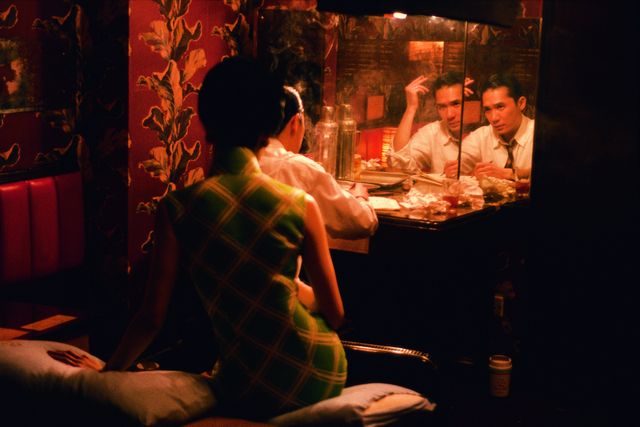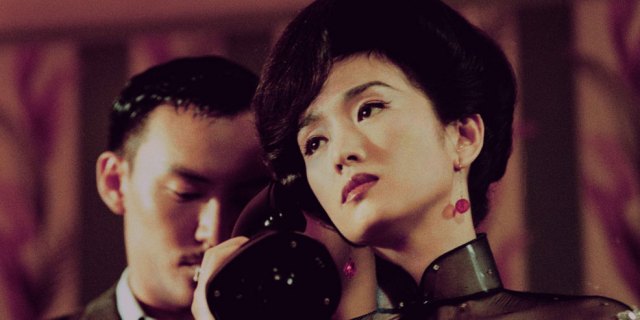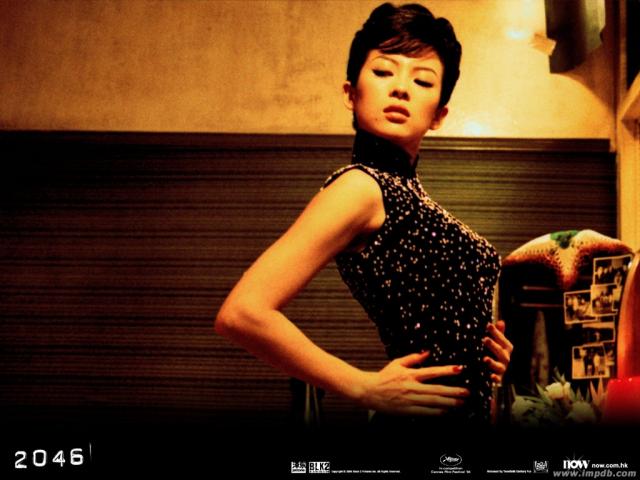The first time you see Wong Kar-wai’s movies, you feel you are watching the work of a delicious visual mannerist indifferent to narrative structure. The sheer hedonistic absorption in architectural surfaces, exquisite indoor and outdoor light sources, decor of every possible fabric or material, and the absence of overtly literary seriousness in the plots, make you feel trapped in the world of a super-talented director that works hard at boring tasks. Then you go back and take another look, and the movies change, more drastically. They seem richer, more intricately organized, more serious. His attention to the emotional body language of his characters is superb. Wong Kar-wai is undeniably an auteur of strikingly stylized and salient cinema. He is a notable Hong Kong director that is classified as a film auteur. His completed works have all emphasized similar themes, if not the same ones. As a film auteur, Wai introduces a style that is very identifiable to both himself and his cinematographer, Christopher Doyle. Wai directed his first feature film at the age of Thirty, “As Tears Go By” which is one of his two genre films. An important aspect of the film is to try and see how it may foreshadow a sense of style we may see from Wong Kar-wai in his future films, and indeed we already begin to notice those traits.
Wong’s visual style opens up the vicissitudes of spatial/temporal perception. Time and space are not merely empty stages upon which something must “happen,” but vibrant dimensions with their own powerful dynamics. Perhaps in perceiving space and time in a new way, the viewer may wonder how best to inhabit them. Wong’s disruption of cinematic expectations implies that a new sense of being— on the levels of individuality, collectivity, and nationhood, and a reassessment of the perception itself. The cinema, then, becomes a means to expand the way the senses absorb and comprehend the world around us. Once this begins, we can all—as Wong urges his characters to do—change for the better.
“Wong Kar-wai has brought to our cinema screens over the last ten years images of modern living, urban alienation, and forlorn love in a dazzlingly intimate, fluid, poetic and fragmented formal register.” -Senses of Cinema
“In The Mood for Love” (2000)
“Eros” (written by / segment “The Hand” 2004)
“2046” (2004)



